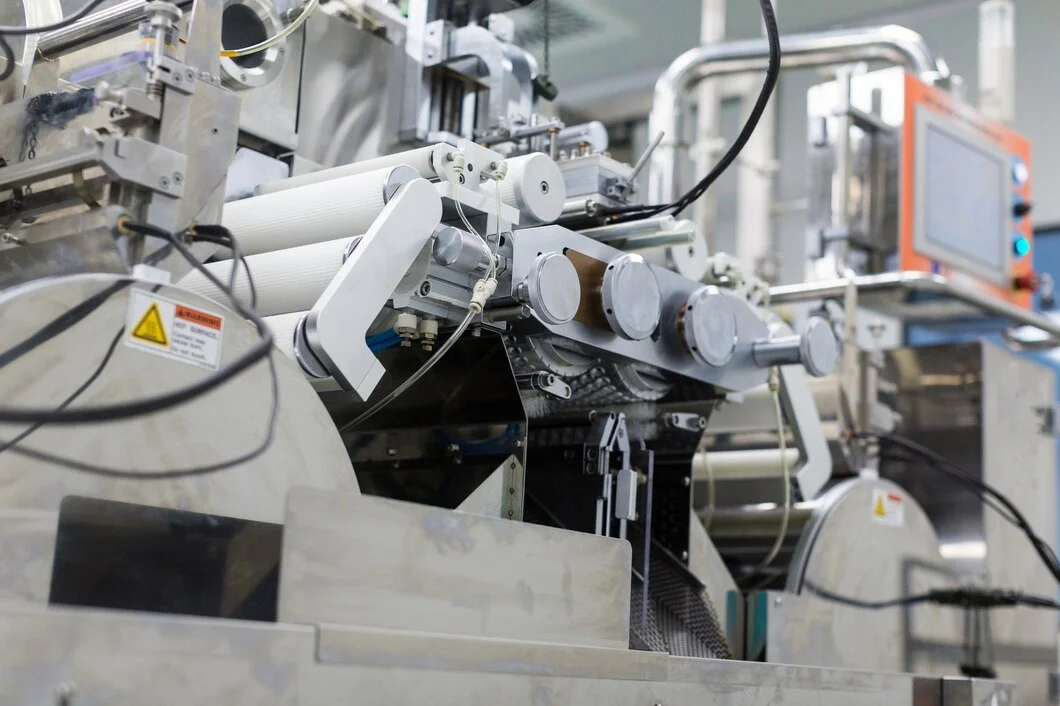Coming Soon! The Go-To Portal for Injection Molding Machines & Spare Parts Keep Me Updated
POPULAR QUESTIONS


A machine that melts plastic resin and injects it into a mold to form solid parts, commonly used in manufacturing.
Plastic pellets are heated, melted, and injected into a mold, where they cool and harden into shape, producing precision parts.
Hydraulic, electric, and hybrid machines, each offering unique efficiency and power characteristics.
Hydraulic machines use oil pressure, whereas electric machines use servo motors for higher precision and energy efficiency.
The pressure needed to keep the mold tightly shut during injection, measured in tons, crucial for avoiding defects.
Common options include ABS, polypropylene, polyethylene, polycarbonate, and nylon, each offering unique properties.
Uneven cooling or residual stress in the material can cause distortion, affecting part quality.
Increasing injection pressure, temperature, or material flow rate can help fill the mold completely.
Sink marks, warping, flash, short shots, burn marks, and jetting, all of which impact final product quality.
Excess plastic escapes the mold due to misalignment or excessive pressure, requiring precise mold design.
Automotive, medical, consumer goods, electronics, and packaging industries rely on it for mass production.
Prices vary from $10,000 to over $500,000 based on size and features, reflecting investment needs.
High-volume production with consistent quality and cost efficiency, making it a preferred choice.
The high initial investment for molds and equipment can be a barrier for small-scale manufacturers.
Steel molds can last millions of cycles, whereas aluminum molds have a shorter lifespan, affecting production longevity.